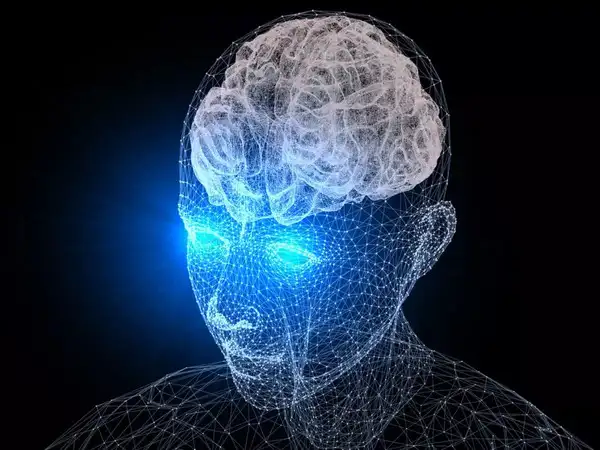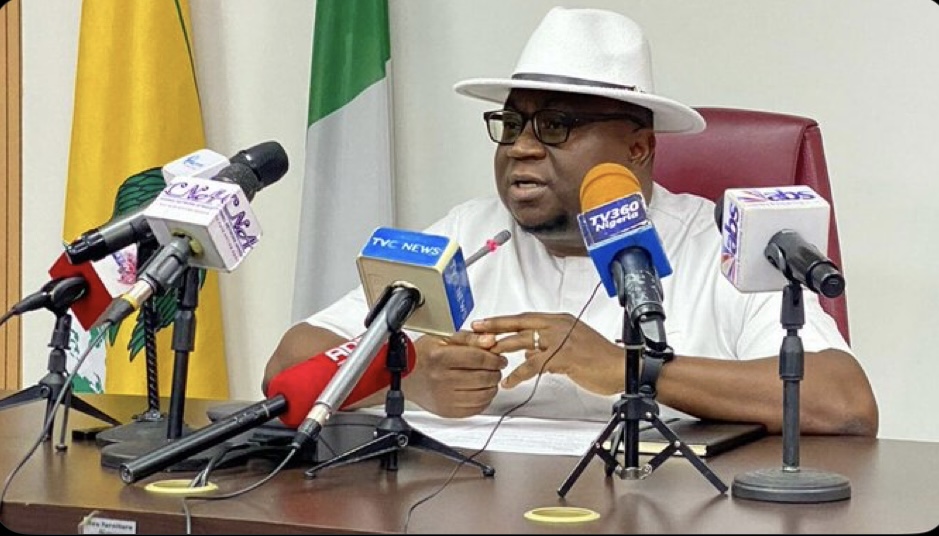Scientists Hail Nanobots as Future of Life, Eternity

In a groundbreaking development, futurists and scientists are hailing nanobots as the key to eternal life.
According to renowned inventor and Google futurist Ray Kurzweil, tiny nanobots in our bloodstreams could prevent death by 2030.
In an interview with astrophysicist Neil deGrasse, Kurzweil revealed that these microscopic robots will travel through our bodies on a molecular level, protecting our biological systems and ensuring a long and healthy life.
Researchers are already making significant strides in this field, with DNA robots being tested in animals to target and destroy cancer cells.
These programmed strands of DNA can navigate through the bloodstream, injecting blood-clotting drugs into blood vessels surrounding tumors, effectively cutting off their blood supply. If human trials are successful, these tiny robots could revolutionize the treatment of cancer and other cellular research.
But the potential of nanobots extends far beyond cancer treatment.
Scientists believe that these tiny machines could deliver drugs to humans with unprecedented accuracy, allowing for micro-dosages to be administered exactly where needed.
This would significantly reduce the risk of harmful side effects, making treatment safer and more effective.
University researchers are also exploring the use of nanobots to reduce plaque in veins, address dietary issues, and tackle a range of other medical applications.
Furthermore, nanobots could enable humans to achieve enhanced connectivity, blurring the lines between human and machine.
While there are still significant hurdles to overcome, the prospect of nanobots making us immune to diseases with the help of AI is an exciting and rapidly advancing field.
As Kurzweil’s prediction of a 2030 deadline draws near, scientists are working tirelessly to bring this technology to fruition.









